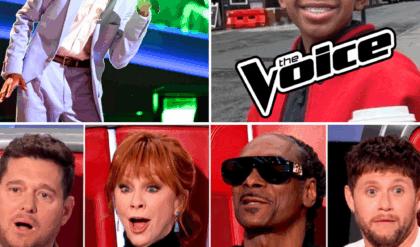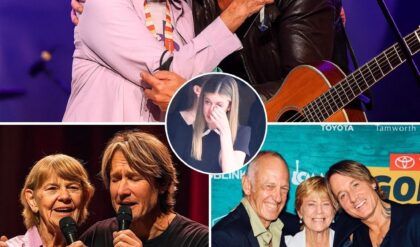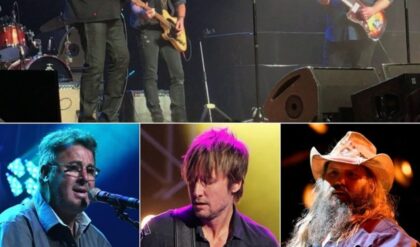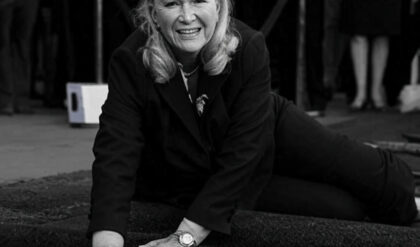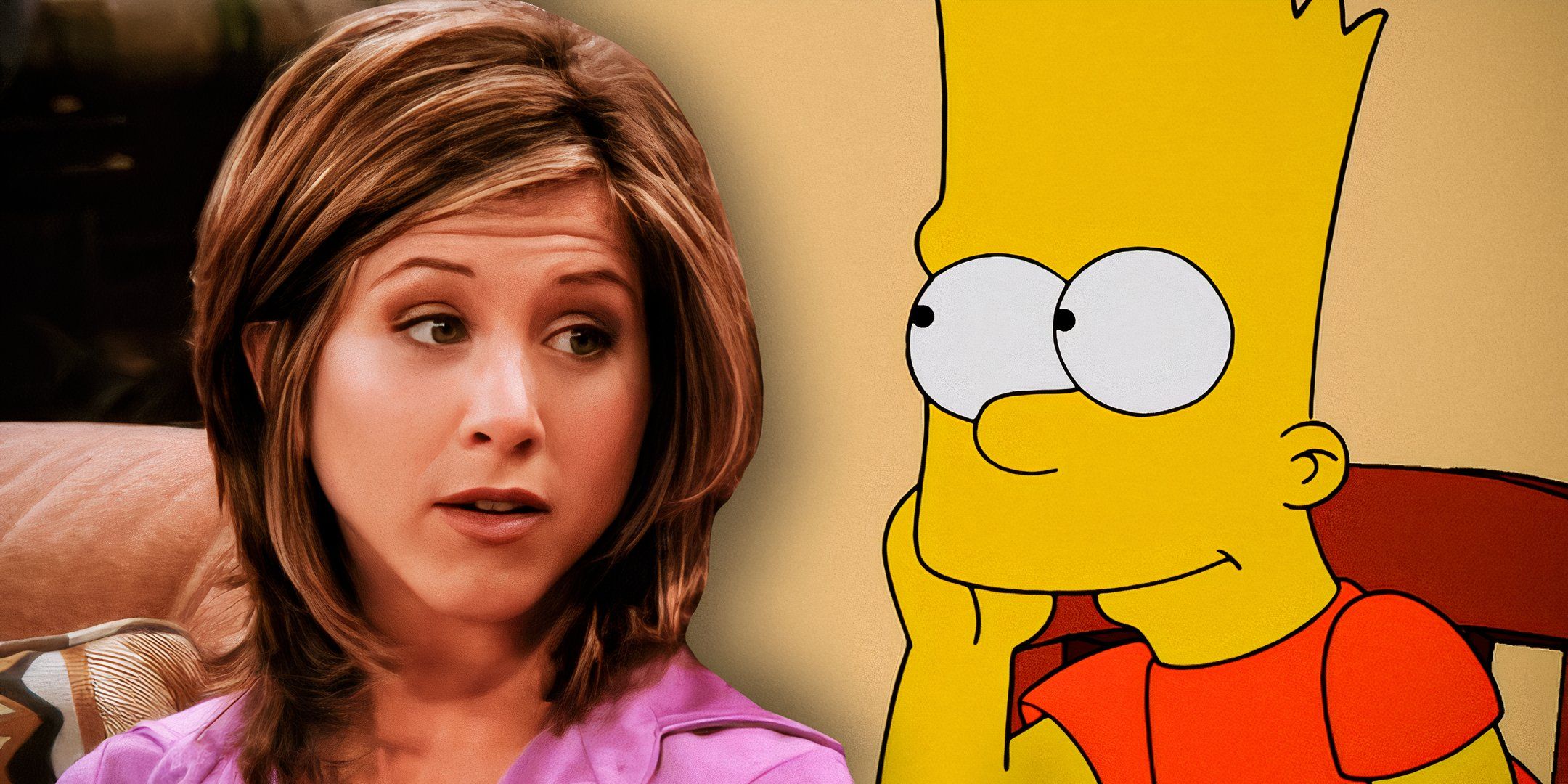
TV shows in the 1990s provided the industry with some iconic characters that defined the era as a whole. The Golden Age of Television, which was considered to have begun in the early 2000s, wouldn’t have been as prominent as it was without several nostalgic TV shows from the 1990s. The ‘90s was a distinguished era for TV because of an intense transformation that saw the industry focus on character development, social and cultural commentary, and deeper narratives more than ever.
Plenty of TV characters were staples in the era’s culture. Characters from some of the best 1990s sitcoms were especially prominent and influential, for example. The characters’ iconic titles were rewarded based on various factors, ranging from how their physical appearance and fashion choices impacted the world to how their intricate personalities were relevant to society and real-life events. These characters from 1990s TV shows paved the way for future projects and were the inspiration for many future figures and titles.
10. Rachel Green
Friends
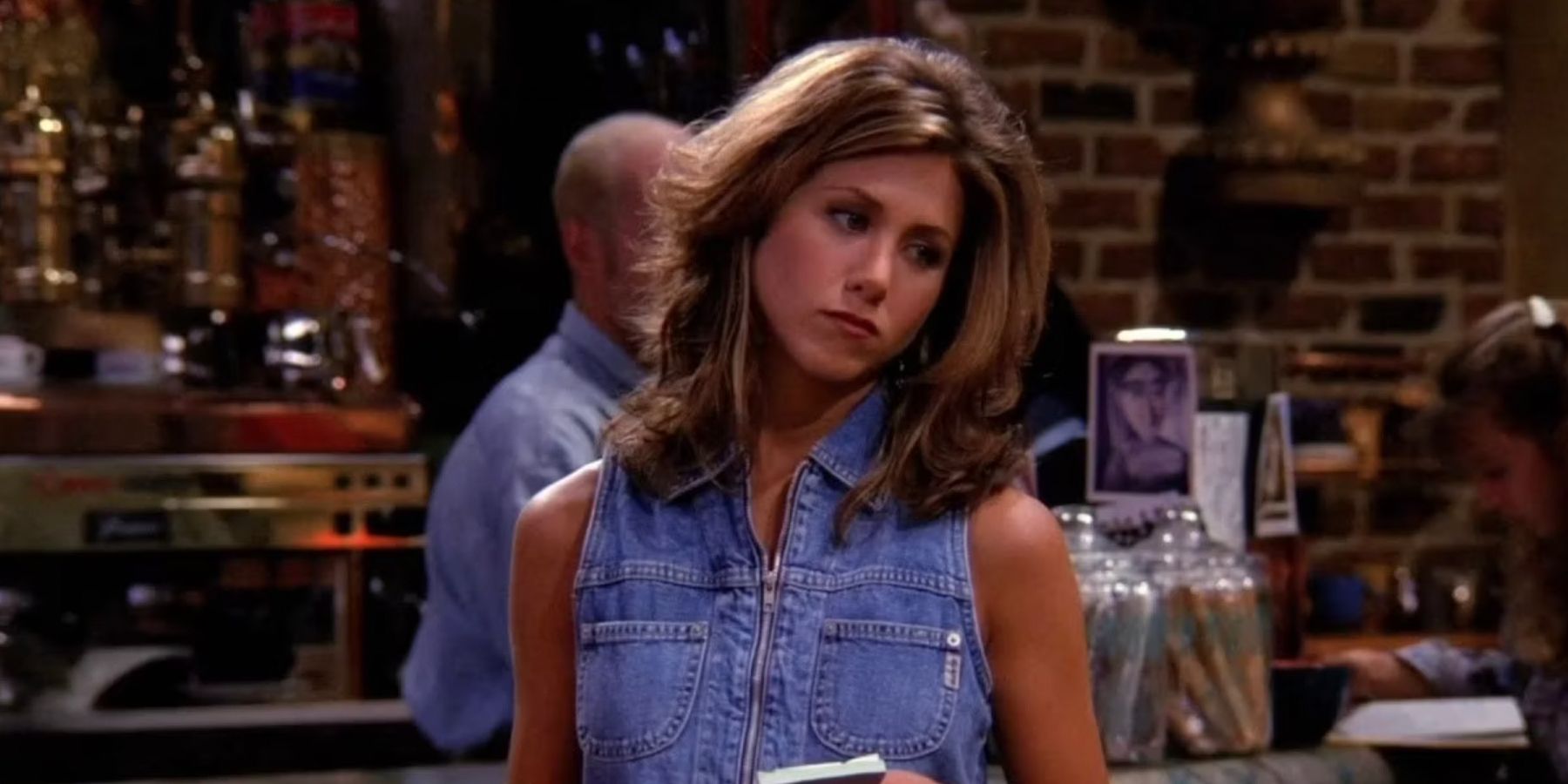
Rachel Green (Jennifer Aniston) from Friends made a significant impact in the 1990s, both on and off-screen. Rachel’s characterization progressed hugely from the pilot to the finale, starting as a spoiled daughter who relied on her father’s money for everything and growing into an independent, self-sufficient woman who worked for everything she had and a single mother happily co-parenting with Ross (David Schwimmer). In the ‘90s, Rachel stood out because of her character development and how relatable it made her to so many other women at that time.
Actress Jennifer Aniston hated Rachel Green’s statement haircut.
She was also a huge fashion icon in the 1990s. Rachel’s iconic haircut in Friends — known as The Rachel — became one of the most replicated looks of the decade. Rachel Green’s legendary clothes style was also copied by many and brilliantly encapsulated the fashion industry at that time. Her career in the fashion industry and love for it were also highlighted in Friends, and she hated losing control of her style, such as when Ross tried to do her makeup when she was injured. Rachel’s growth and development, both in appearance and personality, were prominent throughout the ‘90s, which made her a staple in the era overall.
9. Bart Simpson
The Simpsons
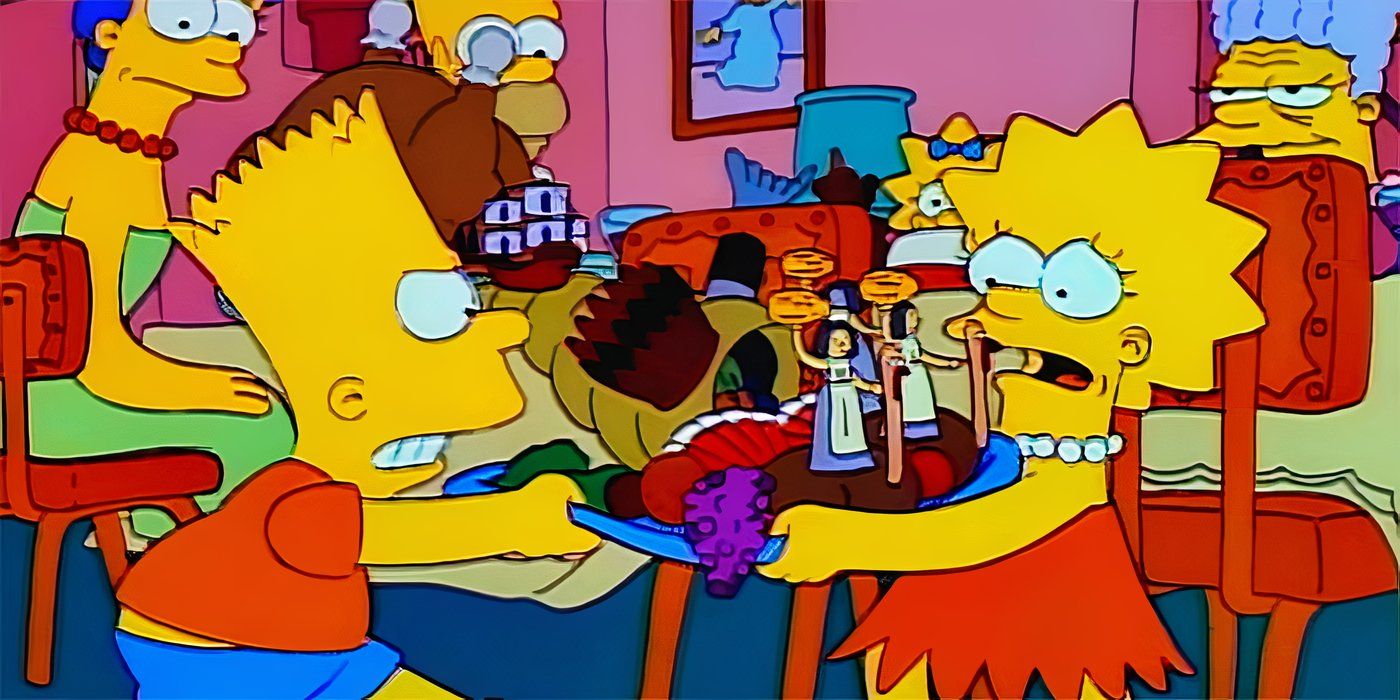
The Simpsons’ Bart Simpson (Nancy Cartwright) quickly became a huge name in ‘90s TV as the show found its legs in its earlier seasons. The defiant and quick-witted young boy was the ultimate rebel, best remembered for his world-renowned catchphrase, “Eat my shorts!” Bart was mischievous and a tyrant, causing plenty of chaos within his family and across Springfield. Unlike a lot of other family-focused TV shows at the time, Bart’s refusal to follow authority made him a unique and different character.
Voicing Bart Simpson earned voice actress Nancy Cartwright a Primetime Emmy Award in 1992.
Bart Simpson’s growth in The Simpsons and his fascinating characterization led him to be appreciated by both adults and children all over the world. His complex personality, which allowed for sweet and tender moments at times, attracted a cult following over time and greatly impacted the future of animated TV shows. Bart challenged social norms in the ‘90s and highlighted the variations of realistic behavior in children while also being an all-around hilarious scoundrel that kept generations laughing throughout the ‘90s and beyond.
8. Will Smith
The Fresh Prince Of Bel-Air
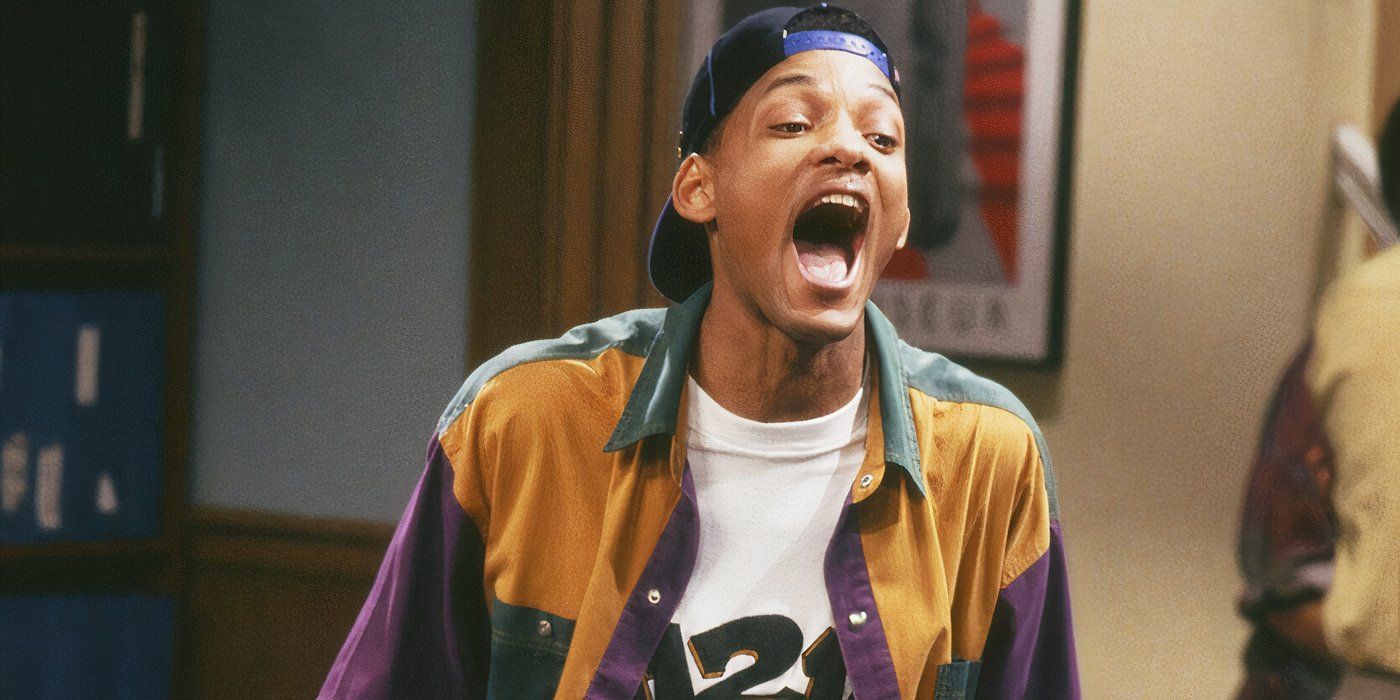
Will Smith from The Fresh Prince of Bel-Air was another fashion icon in the 1990s for wearing bold and flashy colors and clothing items that became symbolic of the decade. Will was famous for his sharp but comical quips and remarks, but also because of his deeply emotional moments, such as his monologue to his Uncle Phil (James Avery) after his father failed to come through for him once again. Will was also remembered for his dancing and rapping, which helped launch the actor’s career as a stage performer off-screen too.
The scene dedicated to Will’s emotional turmoil over his father was also challenging for the actor, and he reflected on his own experiences while shooting it.
Will was also a crucial figure in the need for more representation in TV shows. While more black characters appeared on TV screens in the ‘90s, Will and his family were prominent because of their brilliant blend of humorous hijinks and more realistic and solemn topics.The Fresh Prince of Bel-Air wasn’t afraid to tackle themes of discrimination, and Will was often at the center of these storylines, which made him a complex but fascinating character study. Overall, Will was a dynamic character who was applicable to all manner of situations, whether funny or profound.
7. Buffy Summers
Buffy The Vampire Slayer
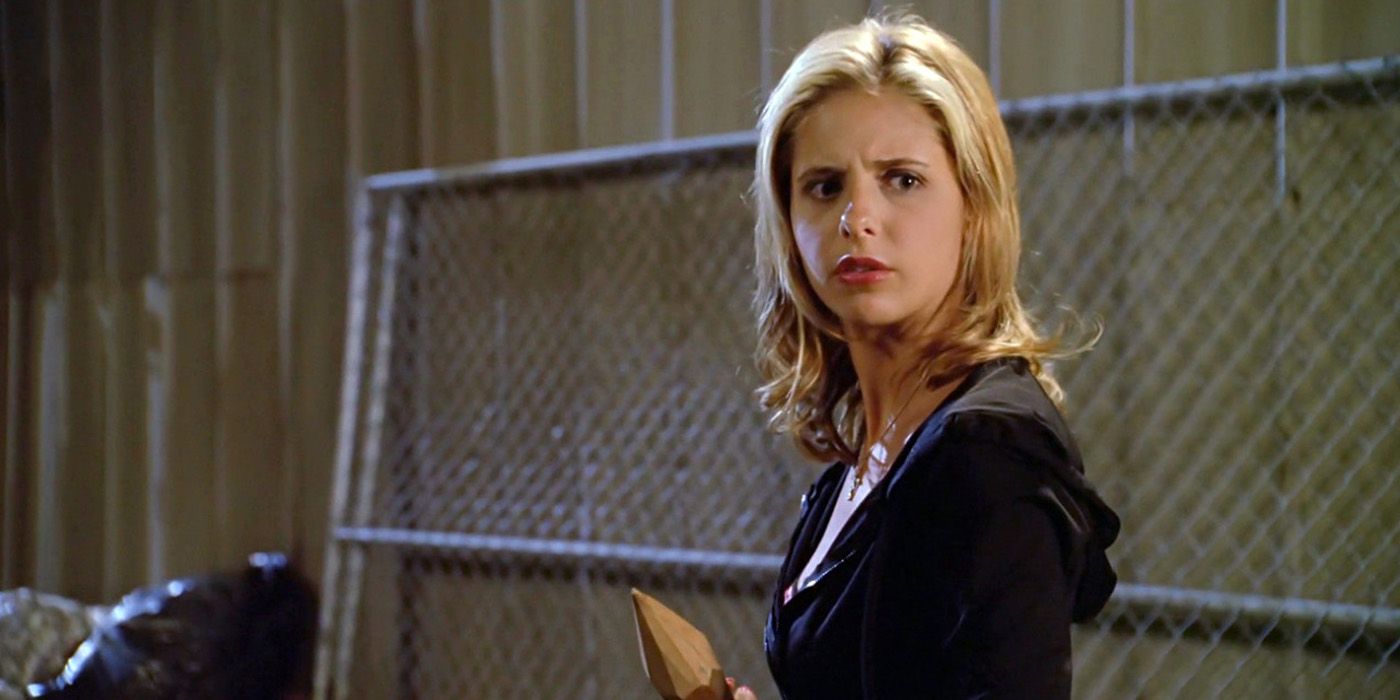
Buffy Summers (Sarah Michelle Geller) became a cultural phenomenon in the 1990s because of her heart-racing but very camp adventures in Buffy the Vampire Slayer. The show did an incredible job of flipping the trope of a teenage girl thrown into a supernatural world. Instead of Buffy being a nervous and squealing child in the face of adversity, Buffy was a Slayer who was entrusted with fighting back against vampiric threats and keeping her friends, family, and her town of Sunnydale as safe as possible.
Throughout the show, Buffy’s character development proved to many influential young girls that being strong and sensitive could coexist and wasn’t damaging to her role as the Slayer. Outside of her duties, Buffy also experienced several relatable situations, including teenage relationships, school troubles, and family drama. Female leads weren’t as common in the ‘90s, especially one that had some aspects of being a typical teenage girl. Buffy Summers established herself as a character that could positively be different yet still cliche. The show was a staple of the ‘90s, but Buffy herself was a crucial part of its status.
6. Carrie Bradshaw
Sex And The City
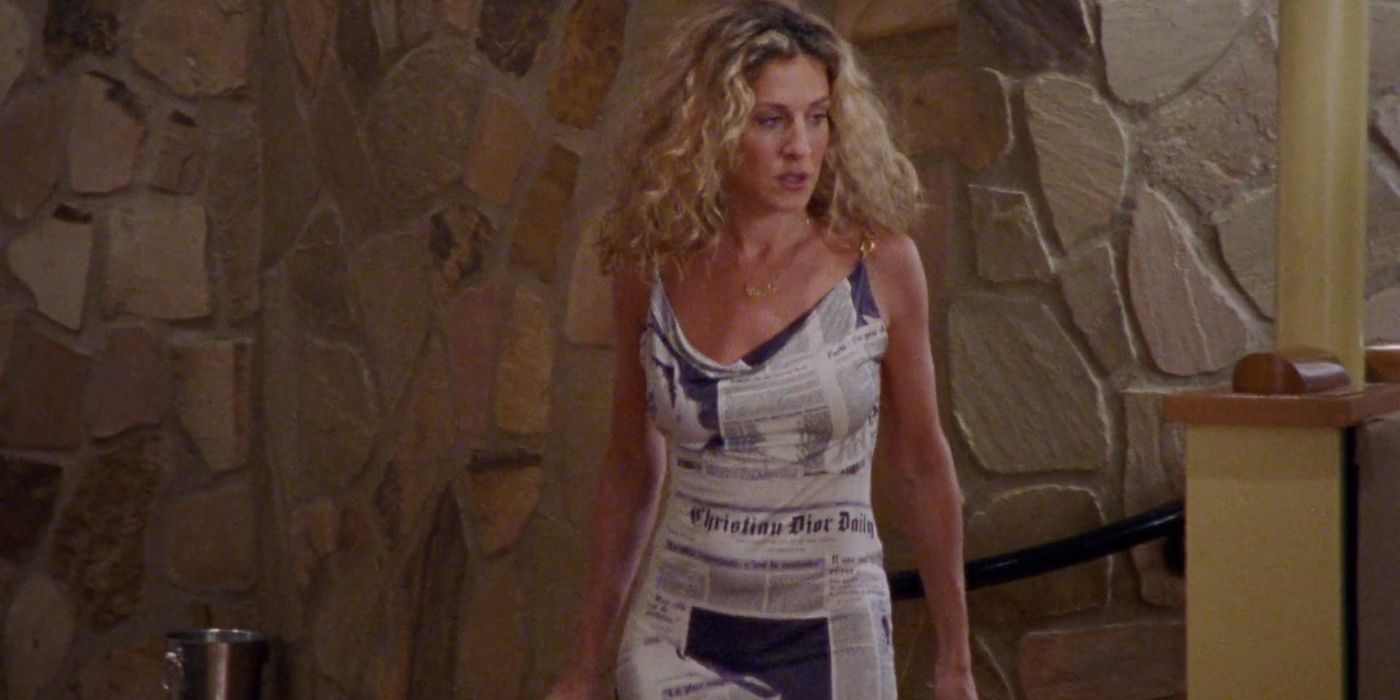
Sex and the City was colossally influential in the 1990s for its focus on fashion and styling and its flawed but relatable characters, with Carrie Bradshaw (Sarah Jessica Parker) at the forefront. Carrie Bradshaw paved the way for more TV shows with strong, complex female leads because of her renowned characterization – wholesome and sweet but also sassy and outspoken when needed. Carrie was a feminist icon at a time when the movement was gaining massive traction, and her newspaper column allowed her to push conversations surrounding female sexuality and the dilemmas and struggles of being a woman overall.
Carrie famously influenced fashion trends in the real world, too, including the soaring popularity of the nameplate necklace and the mixing of brand-new, high-fashion designer labels with vintage finds. For many in the ‘90s, Carrie was someone to aspire to be. The depth of her friendships subverted the stereotype of a group of women needing to either speak solely about marriage and children or to bicker with each other over jealousy. Carrie’s presence on TV in the ‘90s introduced a new angle for women to be perceived – as individuals just as complex and developed as any male character.
5. Dr. Frasier Crane
Frasier
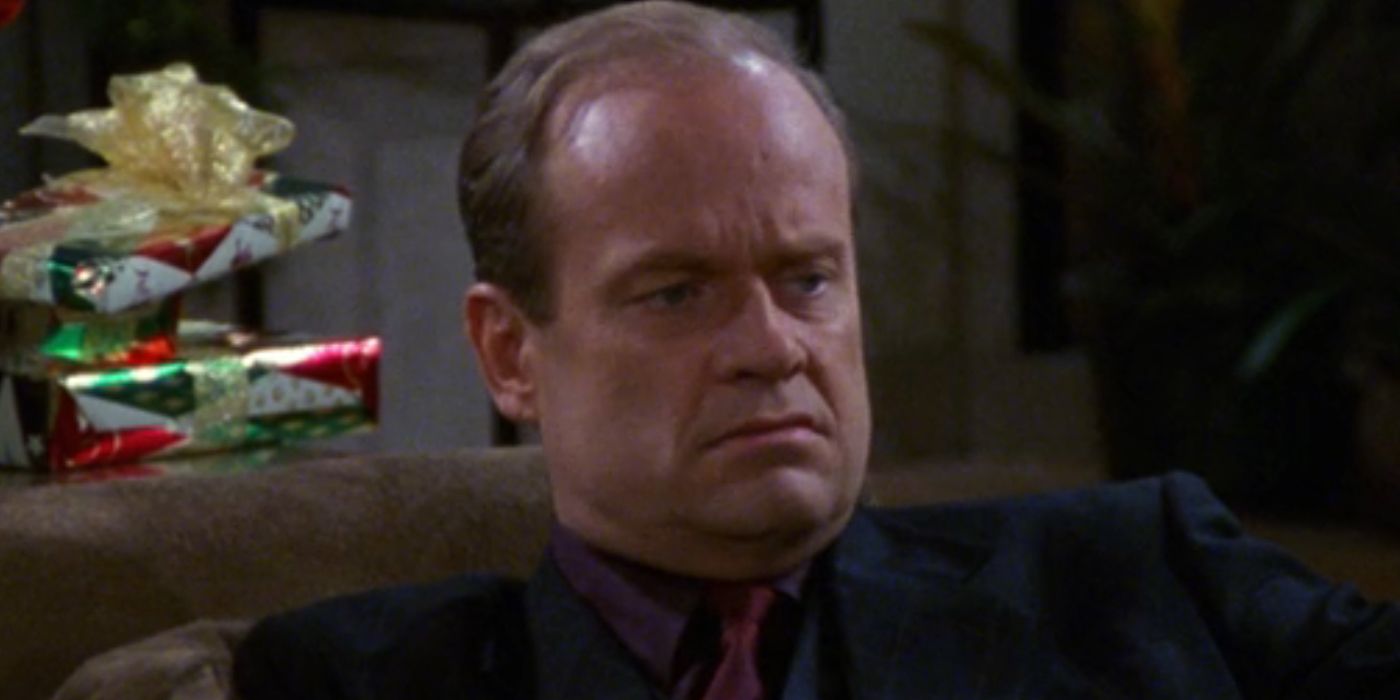
Dr. Frasier Crane (Kelsey Grammer) made his first appearance in Cheers before receiving his spin-off, but Frasier cemented the character as a ‘90s icon. His sharp wit and taste for the finer things made the titular character a unique personality in ‘90s TV in several ways. Frasier’s interactions with his family, especially his brother Niles (David Hyde Pierce), highlighted his stubborn mindset, and when the pair clashed, provided some hilarious moments in the show. Frasier’s intellectualism was a stand-out in the ‘90s, mainly because a lot of sitcom characters at this time were blue-collar workers or working-class couples with children.
The show also delved into variations of family dynamics through Frasier’s new life as a divorcee and his relationships with his father, Martin (John Mahoney), ex-wife Lilith (Bebe Neuwirth), and son, Frederick (Trevor Einhorn). His search for a new companion, or even love, was easily understandable and reflected the lives of people in the real world. Frasier’s different points of view and high intelligence were hilarious but never overly patronizing, which made him a profound and notable TV character in the 1990s as well as in the 2023 reboot.
4. Sony Soprano
The Sopranos
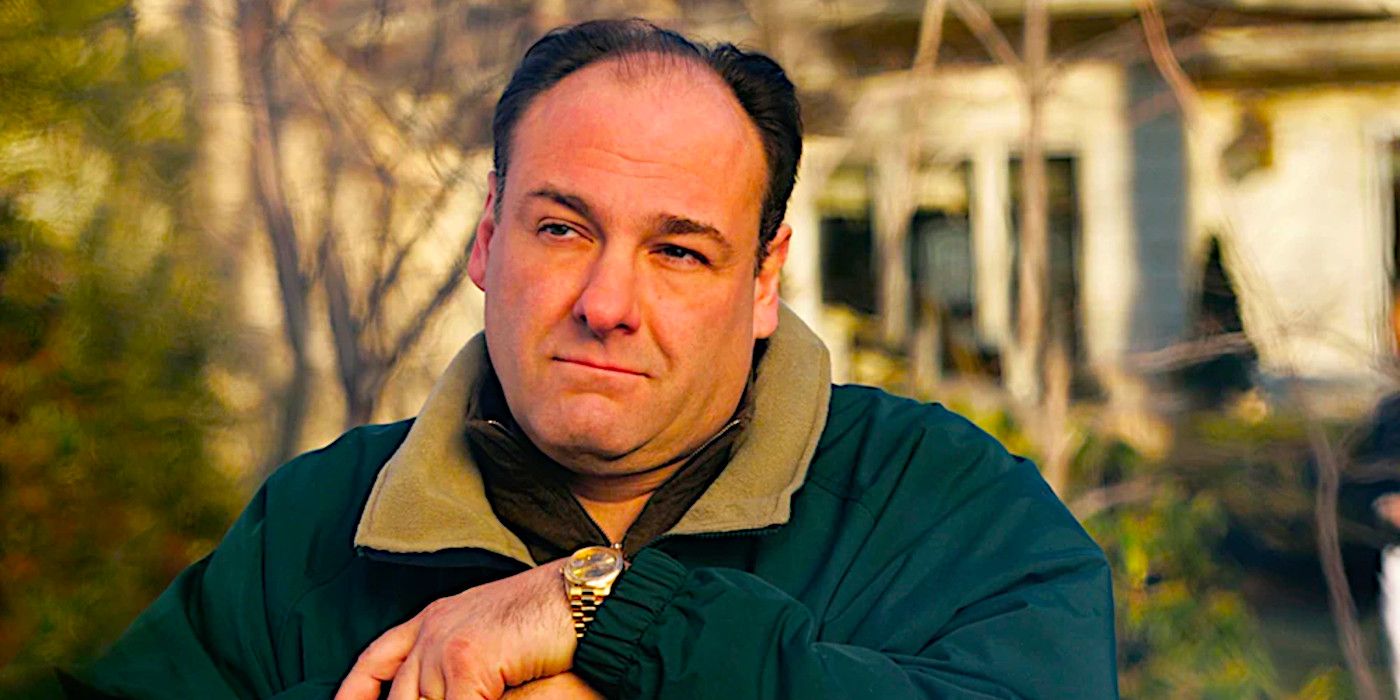
Tony Soprano (James Gandolfini) was a standout in The Sopranos’ cast, with Gandolfini’s performance considered to be one of the best seen on TV. The complicated mix of Tony’s duties as a mob boss while trying to maintain a loving relationship with his family broke the mold of the definition of masculinity in TV shows. Tony was deeply flawed as a person because of his awfully immoral actions but was still vulnerable over his loved ones, making him a genuine and compelling character. However, Tony was interesting because of how his character development was demonstrated through therapy sessions.
Tony’s antihero persona was brilliantly translated to the screen in therapy and created a layered narrative. Witnessing the events of an episode play out alongside the mob boss’ thoughts in a safe and psychological setting allowed for several angles of his character to be highlighted. The Sopranos was a renowned title in the ‘90s and a TV show that held up decades later. Tony’s relatability and intricate depths as a character were essential to the show’s success, and his prominence influenced not only the world in the ‘90s but also the TV industry as a whole.
3. Eric Cartman
South Park
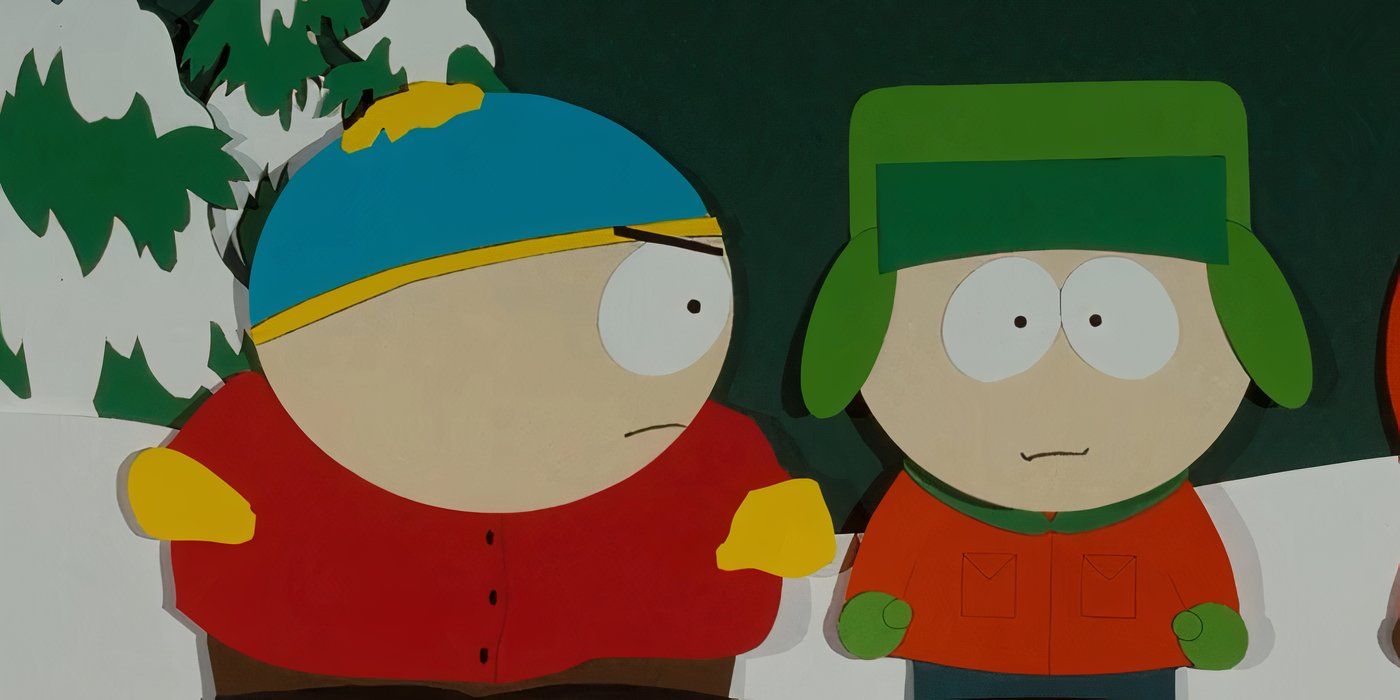
All of South Park’s best characters were significantly influential in the 1990s, but no more so than Eric Cartman (Trey Parker). Cartman was such a popular character because he was so unlikeable. While TV shows generally avoid any opportunity for audiences to disengage from their characters, this worked perfectly for South Park’s humor and Cartman’s overall personality. Cartman’s extreme actions toward his friends and family were unhinged. The way Cartman executed his politically incorrect antics and sharp-tongued comments also pushed the boundaries of mainstream TV, especially in a comedic context.
Because of Cartman, South Park became a distinctive title and helped define the adult animation genre in TV shows. His over-the-top behavior and incorporation into any manner of storylines were hilarious but also controversial. However, he also had several touching moments in South Park, which proved that the character wasn’t one-dimensional. Eric Cartman was loved and hated, but regardless of how many felt about him, he was a crucial name and character in ‘90s TV.
2. Steve Urkel
Family Matters
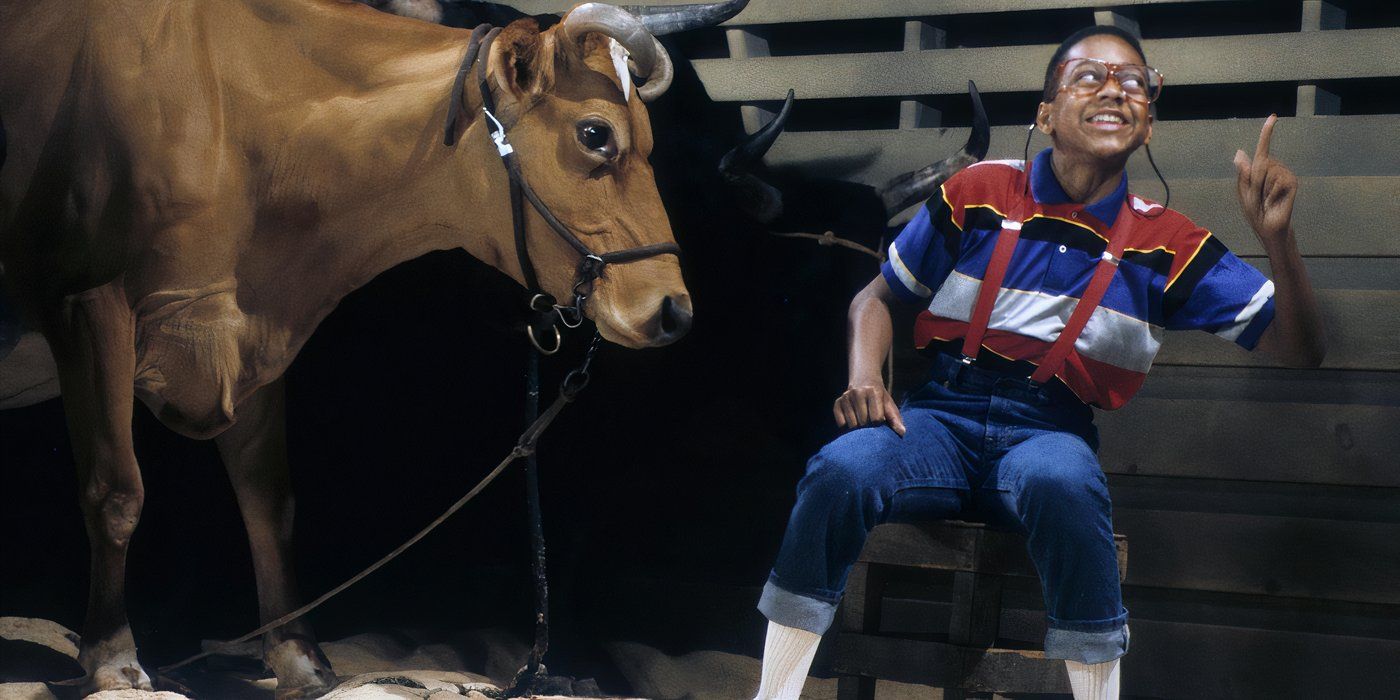
Steve Urkel (Jaleel White) in Family Matters became a defining figure in the show because of the overwhelming support and popularity he received. Urkel’s legendary appearance was instantly recognizable, and it consisted of his large-framed glasses, pitchy voice, and high-waisted trousers. Despite Urkel appearing to be a quintessential nerd, the character was so much more than that. Urkel had a fascinating charm that won over many, primarily because he was so unapologetic about who he was as a person.
The ‘90s were rife with stereotypical depictions on TV, so Urkel was a breath of fresh air, especially in a sitcom. Urkel was a clever and quirky young black man, massively different compared to many other characters in the ‘90s, who were often shown as caricatures of violent criminals. Urkel created a legacy in popular culture for the representation he provided on TV screens, but also because of his hilarious antics and iconic catchphrase “Did I do that?” in a mishap.
1. Al Bundy
Married… With Children
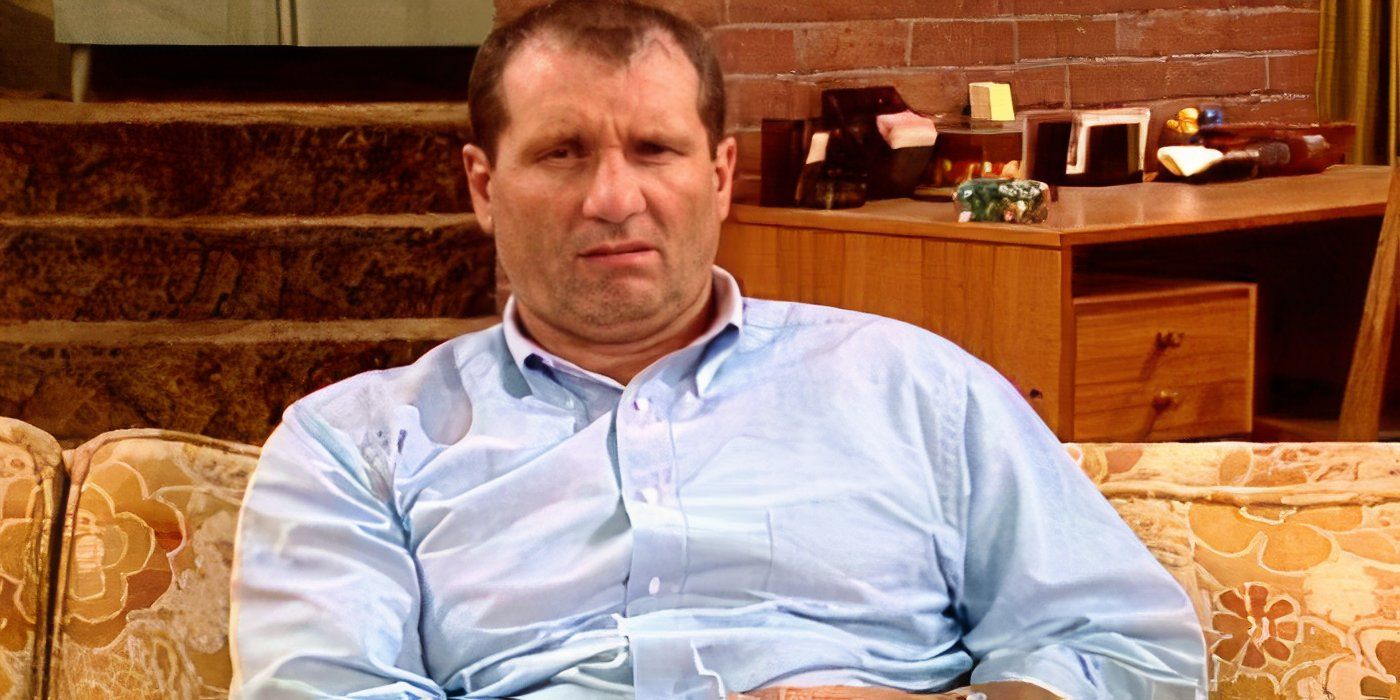
Ed O’Neill portrayed the defining ‘90s family man character Al Bundy in Married… With Children, which solidified his career as a sitcom actor and led to his roles in other shows like Modern Family. Al was a character that many saw themselves in – an exhausted father trying to keep his family afloat while dwelling on his glory days as a teenager. He also formed a connection with audiences because he wasn’t afraid to complain, which was glaringly different from many other ‘90s sitcoms that depicted family life positively.
Although Al was the average American, the patriarch’s use of sarcasm and general demeanor were also indirect criticisms of TV shows in the ‘90s and the world. Al taught that it was okay to be unhappy with life while still appreciating what he had. He also provided a realistic commentary on men’s mental health and the societal expectations they faced as providers to their spouses and children.
